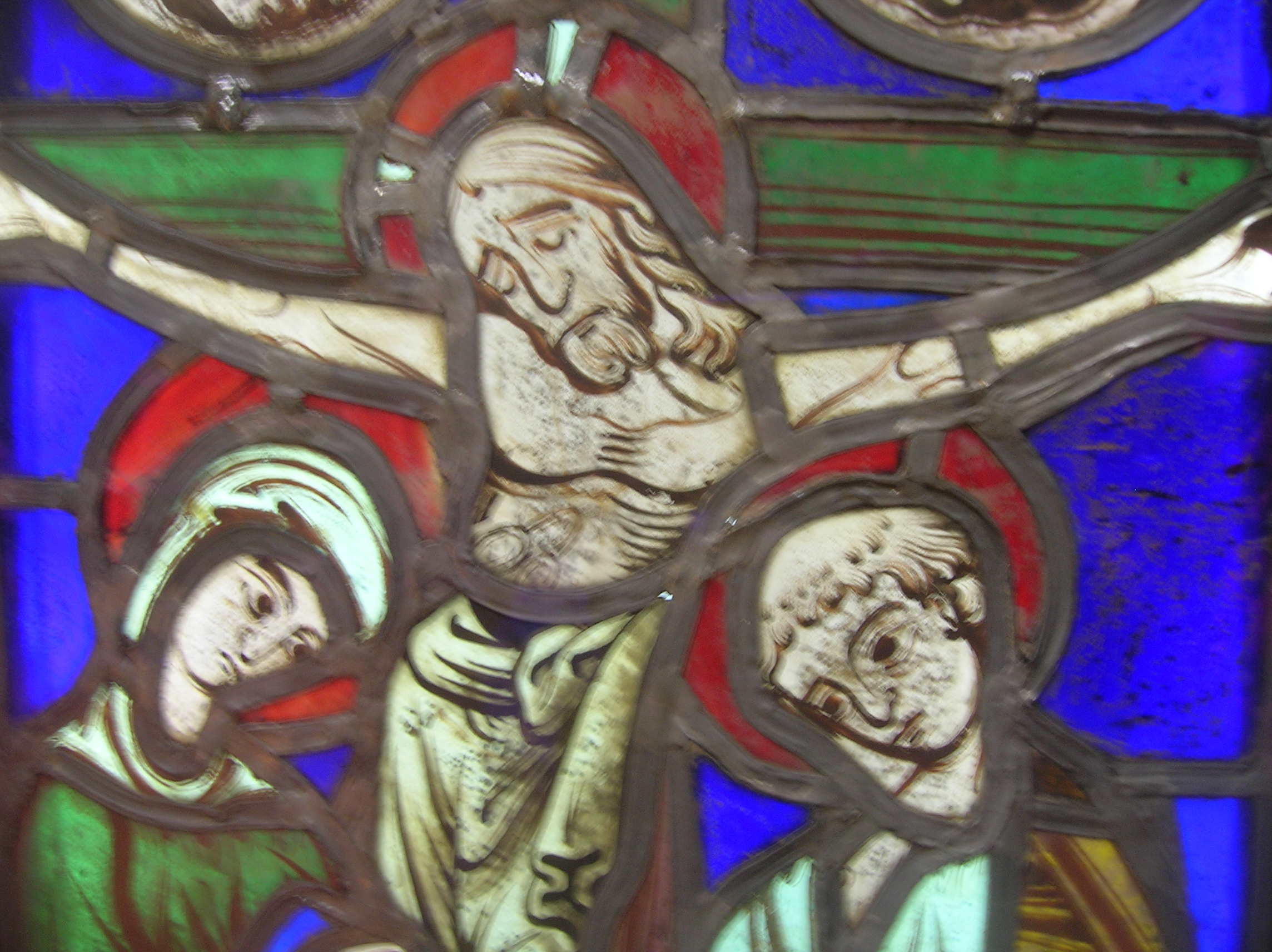At least since the 1960s, being counter-cultural has been in. Paradoxically, we might go so far as to say that refusing to be counter-cultural is currently counter-cultural. Being at odds with our culture has become a virtue, not just in the culture at large, but also within the church. One of the ways we insult “the other side” in our arguments is to identify them as sold out to the culture.
In his book Bishop, Will Willimon notes: “From the first the church has had dissonance with every culture in which we found ourselves.”
Observe that this is not a normative or strategic statement. He is not saying – along with our current culture – that we ought to be dissonant with our host culture. He is speaking descriptively: this is the way things have been. This is an important point.
One troublesome point for the strategy of being counter-cultural is that our culture is not monolithic. There are diverse and contradictory elements in our culture. Different values and ways of being regulate different cultural spheres. Being counter-cultural in one area, might mean complete alignment with culture in another. Thus if one’s primary goal is to be counter-cultural, one will be hopelessly confused.
A second troublesome point for the church in particular is that over the past two millennia we have influenced our culture. Our culture, for instance, values love. Valuing love, counting it as a virtue, is a good thing. Admittedly, the culture doesn’t always have what we’d call a Christian understanding of love. Sometimes it gets it wrong. But we cannot aim to be completely counter-cultural when our culture has taken up some of our virtues.
A final troublesome point is that our culture, like most others, has good points that we can accept without difficulty. Cultures evolve over time to help people live in a particular environment. A culture that doesn’t “work,” won’t last. Insofar as our host culture enables people to live well, there is no reason to be counter0cultural.
Being counter-cultural should never be the direct goal of the church. Instead, our aim is to follow Jesus. As Willimon observes, that practice alone will ensure that there will be points of dissonance between the way the church lives and the way of the culture at large. Be refraining from a primary counter-cultural stance, we will also find it easier to love the people who are living in the culture, since we will not be defining ourselves in opposition to them. By defining ourselves in terms of Jesus and his mission, we can take the culture as it is, potentially full of sin and beauty, and be the light of the Gospel in our communities. We’ll open the possibility of being known for what we’re for, not what (or whom) we’re against.

This is very insightful. I always find myself being persecuted from both sides of any major cultural issue and that’s why I could never be a staunch republican or democrat. Is this your experience as well?
Yes, I that is my experience. When it comes to politics as expressed in our culture I have some opinions – even some convictions – but they don’t map well by our current two-party ideological system. Anyway, I’d rather follow Jesus.